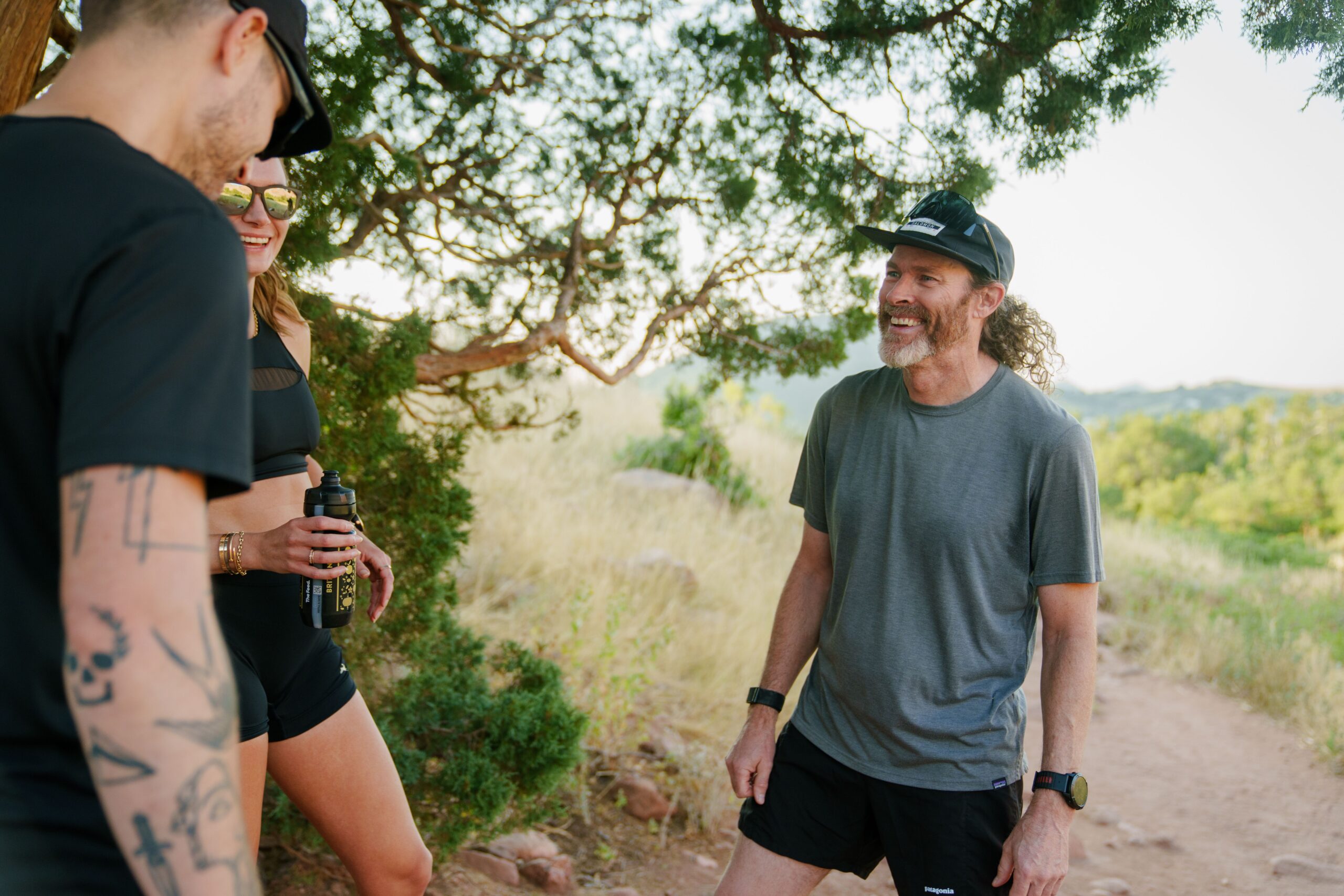In this special episode, we explore the insights of Amine Issa, Ph.D., on the intersection of gaming and numerous disciplines, such as esports, Formula 1, and even the military. Amine has spent 25 years obsessively playing video games and even competed professionally.
He spent five years researching the extremes of human performance at the Mayo Clinic. His findings help develop new technology and techniques to assess human-integrated physiology, specifically in mobile health and remote monitoring.
In studying performance optimization in athletic, military and esports fields, he has discovered a clear overlap between esports athletes and traditional performers and how gaming skills can translate to broader contexts. He discusses the value of “range” and mental strategies in gaming and highlights the evolving roles of coaching, sports psychology and fitness within the esports industry. Whether you’re a coach, gamer, or just curious about the intersection of gaming and performance, this unique episode will open your mind to new concepts.
Amine is now the founder and CEO of Mobalytics, a gaming performance assessment and optimization platform. They aim to help all competitive gamers learn from their data to make meaningful improvements — not dissimilar to endurance athletes using data for better performance.
This interview was conducted at a TrainingPeaks All-Staff, where we regularly gather and learn from experts in fields other than endurance athletics.
Recovery isn’t just about easy days or days off. John breaks down other factors to consider in recovery protocols, like stretching, nutrition, massage, and mindfulness, to fulfill the “Three Rs:” refuel, rebuild and rehydrate. He also takes us inside a team bus to learn some of the cyclists’ critical recovery strategies while competing in a Grand Tour.
Standout Quotes
Similarities of Coaching Esports and Sports: “The coaching systems you guys have built [TrainingPeaks] and the way athletics trains is very disciplined and very there’s a lot of science behind it. I know that from my time in the lab. There’s a lot of science. So, some of the things we do are very similar. You’d imagine, like, someone [doesn’t] have enough upper body strength. You know? So you give them [training] for that. They don’t have enough leg strength. So you guys give them something for that. And so it’s very similar.
When you think about a player, they have different disciplines. And when you think about games, it’s kinda like sports. You have different types of sports. Stick and ball sports, endurance sports, just different ways of categorizing extreme sports, and those require different kinds of functional training to to optimize your performance in them. And some games, you’ve got, like, strategy games, shooting games, fighting games, racing games, whatever. So each population needs a different kind of regimen. And what we do is we try and use their performance results to give them information on where they’re strong and where they’re weak.”
The Data Surge in Gaming: “But for games, you get a dump of data everywhere. It’s like, there’s just so much data, you know, how many kills this person has, how many headshots they have, how much gold they farm.”
“I think games fundamentally, just like everything else, they’re a tool. You know, they’re a tool for exercising the brain, for learning skills like valuation, communication, strategy, many, many different things you can learn from playing games.”
The Power of Gaming
The Benefits of Gaming for Youth Development: “At the end of the game, a game is just processing information, reacting to that information and communicating with your teammates. And those are all three central, core [attributes].”
Mental Tax and HRV for Performance: “I haven’t dug into that stuff for a long time, but back in the day, we used to take, like, 1,000 hertz sampled on body data and do the HRV analysis, but gamers have traditionally very bad habits, and it stems from a number of things. They should be resting before game day. Some of the good team owners and coaches enforce that. But I think there’s also a mental tax. Right?
So, the difference between, like, a traditional athlete is they’re much much better disconnecting from the electronic world, but gamers are always on Twitter, on Reddit, and they’re reading stuff. That’s just the world they grew up in, and they live in. And so it’s like, dude, this person sucked. Why did he throw that game? And so their mental is really, really high, and they can’t disconnect from electronic devices. And they sleep like shit because of that, most of them. Some of them are really good. There’s this great player. His name is Rekkles. He just has a flip phone. Right? And he barely uses it.”
The Best Gamers Are Grinders: “The worst part is the most successful ones that have come today, a lot of them are grinders. Like, you know, there’s one guy. His name’s Spaker. He’s, like, the Michael Jordan, but he’s a big grinder. Right? He’ll play all day. And so so people still aren’t sure how to make what works for them work, but most people would probably benefit by the rest at that point and stuff like that. But there’s a significant amount of challenge towards implanting that mentality in players.”




